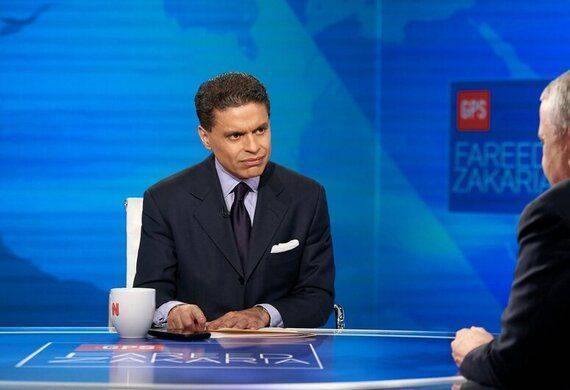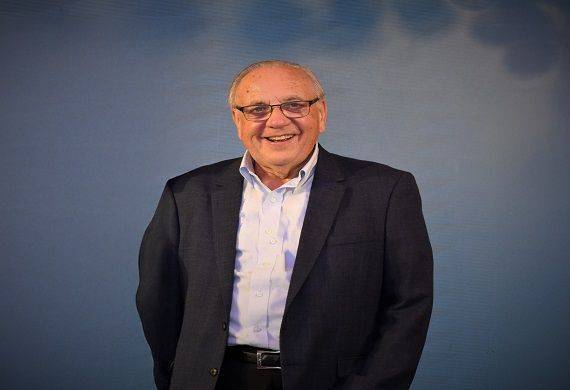Zakaria: US Faces Recession, $150 Oil if India Stops Russian Imports
By Global Leaders Insights Team | Aug 12, 2025

Fareed Zakaria, a political commentator and author, has said that US President Donald Trump's decision to impose a 50% tariff on Indian imports is absurd and has perplexed many in Washington.
In an interview with News18, Zakaria claimed that if India and China stopped buying Russian oil, crude prices could rise to $150 per barrel, harming global economies. He called Trump's tariff decision an illogical reversal of 25 years of bipartisan US foreign policy that had strengthened ties with India.
Key Highlights
- Fareed Zakaria warns: US could face recession and $200 oil if India stopped buying Russian oil.
- He argues removing Russian oil from markets may cause sharp supply disruption, pushing crude prices significantly higher.
"Trump's actions are perplexing. It represents a reversal of nearly 25 years of American foreign policy. If you go back to the Clinton administration after the Cold War, the US made a strategic decision to be closer to India," the author said. He noted that every American administration over the last two decades has worked to strengthen relations with India, seeing it as a critical geopolitical and economic ally in Asia.
"Trump is reversing 25 years of bipartisan American foreign policy that saw a new strategic alliance with India as in the United States' vital national interest both geopolitically and geoeconomically," Zakaria said.
The 50% tariff, which goes into effect on August 27, is intended to penalize India for purchasing Russian oil. Zakaria points out that China purchases more oil from Russia than India, making the tariff's justification even more flawed. "The excuse for the highly punitive tariffs-the buying of Russian oil-makes no sense because China buys more oil than India does."
"If India and China didn't buy Russian oil," the observer of international affairs continued, "oil would be $150 a barrel because you would have taken all that supply off the market, it would cause a recession in the Western world, it would cause a recession in America - and Trump surely doesn't want to do that."
Zakaria praised the Biden administration's approach, which aimed to get Russia to further discount its oil through price controls. This move, he claimed, ensured a consistent supply of oil for the world but did not result in massive Russian revenues for Russian President Vladimir Putin.
The author also questioned Trump's decision, saying it appeared to be motivated by personal interests. "It's very personalistic. We're dealing with someone; it's almost like dealing with a dictator in a third-world country, where personal interests and aggravations make a big difference," Zakaria explained. He used Trump's treatment of other countries, including Brazil, as an example of how personal grievances influence his policy decisions.
Also Read: Russia & India Reaffirm Strategic Partnership Amid U.S. Tariff Hike
Zakaria also pointed out Trump's unusual relationship with Pakistan. "It is extraordinarily unusual for the president of the United States to grant a military dictator, the head of the Pakistani army, a two-hour meeting in the Oval Office," according to him. This meeting, according to the global affairs expert, was unprecedented and related to a reported business relationship between the Trump family and a Pakistani cryptocurrency venture.
He concluded by questioning the logic of the tariffs, saying, "It makes no rational logical sense-because India's trade with the US is too small, China buys more Russian oil than India does, and if both of them stopped, oil would rise to $150 per barrel. So the problem here is we have eliminated all rational explanations for tariffs on India."


